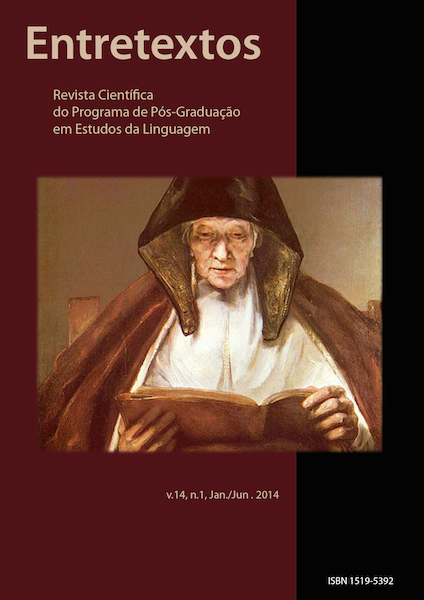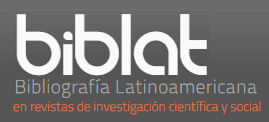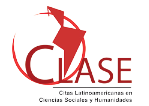Academic literacy: textual interpretation in question
DOI:
https://doi.org/10.5433/1519-5392.2014v14n1p100Keywords:
Academic literacy, Reading and text interpretation, Argumentative textsAbstract
Most students entering superior education find difficulties concerning text interpretation. Doubts regarding thematic, the author´s point of view, and mainly the arguments the author uses to defend these points of view are common when tasks are proposed with argumentative texts. In this sense, based on propositions of Paula Carlino (2009) for teaching reading and writing in superior education (academic literacy), and the Greimas semiotic as theoretical and methodological support, this article follows the analysis of an opinion text aiming to provide methodological grants to help newcomers to graduation in working with this textual form. Differences between opinion and argument, forms of argumentation, and semantic structure of the texts are issues discussed from the text in analysis.
Downloads
References
CARLINO, Paula. Escribir, Leer y Apreender en la Universidad: una introducción a la alfabetización académica. Buenos Aires: Fondo de Cultura Económica, 2009.
CRESTANI, Luciana Maria. Sem vez e sem voz: o negro nos textos escolares. Passo Fundo: UPF, 2003.
FIORIN, José Luiz. A noção de texto na semiótica. Organon, Porto Alegre, v.9, n.23, p. 163-173, 1995.
FIORIN, José Luiz. Elementos de análise do discurso. 9. ed. São Paulo: Contexto, 2000.
ORLANDI, Eni Pulcinelli. Discurso e leitura. 6.ed. São Paulo: Cortez, 2001
PLATÃO & FIORIN. Lição de texto: leitura e redação. 4. ed. São Paulo: Ática, 2002.
SOARES, Magda Becker. O que é letramento. Diário do grande ABC, Santo André, 29 ago. 2003, Caderno Diário na Escola, p. 3.
Downloads
Published
How to Cite
Issue
Section
License
Entretextos adota a Licença Creative Commons Attribution 4.0 International, portanto, os direitos autorais relativos aos artigos publicados são do(s) autor (es).
Sob essa licença é possível: Compartilhar - copiar e redistribuir o material em qualquer suporte ou formato. Adaptar - remixar, transformar, e criar a partir do material, atribuindo o devido crédito e prover um link para a licença e indicar se mudanças foram feitas.




















